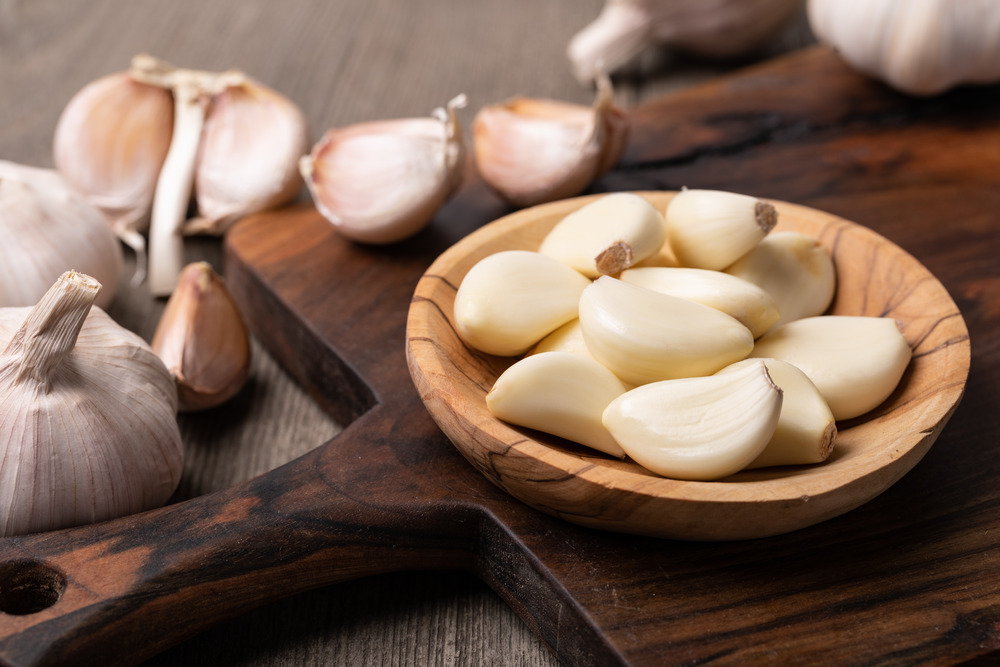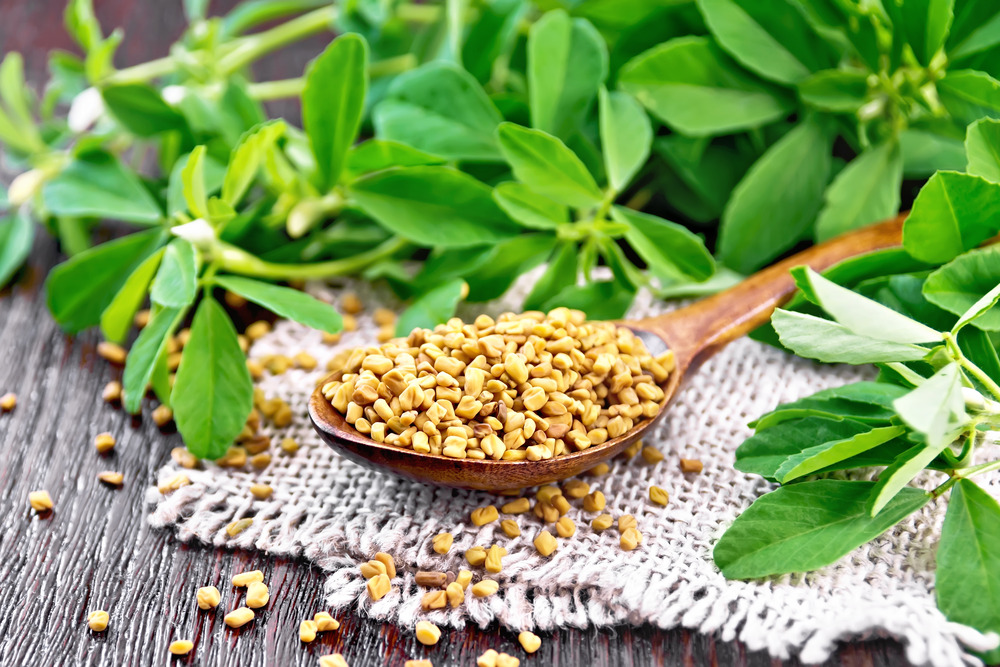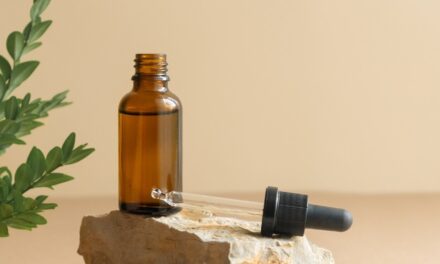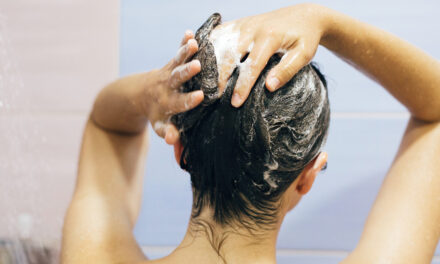
Dandruff is a scalp condition causing red skin or scaly patches on the scalp. There are different types of dandruff – dry, oily, disease-related, and fungus-related dandruff.
Irrespective of the dandruff type, you don’t have to worry. There are home remedies for dandruff, and it’s possible to treat dandruff.
Let’s take a look at the top few home remedies for dandruff and learn how to deal with it. First, it’s important to understand dandruff is considered chronic and can recur in certain situations. While home remedies curb and eliminate dandruff, once you get dandruff, you should always be on the lookout and avoid triggers. Having that said, let’s get started.
Causes of Dandruff
Let’s look at the most common causes of dandruff to understand it better and take steps to prevent and get rid of it.
Dryness: Needless to say, dryness can lead to flaky skin and often dandruff, or vice versa. It’s counterproductive and is one of the most common causes of dandruff, especially flaky and itchy scalp-dry dandruff.
Yeast infection: Very often, yeast infection can manifest in dandruff, indicating you should identify the trigger – usually GI tract yeast infection.
Excessive brushing: Excessive brushing can lead to flaky and dry skin, oily skin, or a combination leading to dandruff.
Oily skin: Excessive oil can also lead to dandruff, so if you think countering dryness with excessive oil will help, NO. It is also a very common cause of dandruff, which can be identified by the marked yellow or white scales covering oily skin. There are also red marks or reddish skin along the affected areas, which can affect your brows, behind your ears, etc.
Deficiencies and improper food: Deficiencies cause numerous issues; some of you probably don’t even connect to your nutrient profile. The same goes for dandruff; improper food and deficiencies can cause dandruff.
Skin conditions: Certain skin conditions, especially dermatitis and eczema, can also cause dandruff. So it’s important to check with a specialist to identify the causative factor, especially for chronic dandruff or when home remedies don’t yield desired results.
Adverse reaction to products: Using excessive products or even allergic reactions triggered by certain products can cause dandruff. Always do a patch test before trying out any new product or recipe on your scalp.
Home Remedies to Get Rid of Dandruff
Now that we’ve got the basics covered let’s learn more about a few effective home remedies for dandruff and how to use them. Shall we?
Coconut Oil

Numerous studies back the efficacy of coconut oil, and it is probably one of the easiest home remedies for dandruff. It’s also affordable and very effective, has been used for centuries, and does more than clear dandruff.
Rich in lauric and capric acid, coupled with antifungal, antiviral, and antimicrobial properties, you have a winner with coconut oil when you want to kick dandruff to the curb.
Nothing special; just massage it on your scalp and let it sit for 20 minutes before washing it off. Use it regularly, and you can also add other dandruff-fighting ingredients to coconut oil, like tea tree oil, neem oil, camphor, etc.
Baking Soda

Baking soda is a mild exfoliant that removes scalp accumulation, regulates the scalp’s sebum levels, and gently cleanses the scalp. It can also curb overactive fungi, and all these reasons come together to curb dandruff.
You can either apply baking soda directly on your scalp after wetting it or mix it with your shampoo and apply. Wait for a couple of minutes, and then rinse off.
However, don’t do this often, as frequent use can leave your scalp high and dry. Instead, use it once, to a maximum of twice, to curb stubborn dandruff, and reduce the frequency to once a month or so to keep dandruff at bay.
Aloe Vera

Aloe vera’s antifungal and antibacterial properties are believed to help combat dandruff. It is also richly moisturizing and hydrating, another aspect that could come in handy while combating dandruff.
It can also ease irritation and soothe dry, irritated, and inflamed scalps. You can apply aloe vera gel directly on your scalp and let it sit for an hour before washing it off.
While aloe vera can be used as is all on its own, you can also combine it with other dandruff remedies for added benefits. For example, Margosa leaves are highly recommended and can be ground with aloe vera gel.
Aspirin

Salicylic acid is one of the key ingredients in medicated anti-dandruff shampoos. Aspirin contains the same active ingredient and can help combat dandruff.
Things You’ll Need
- Aspirin – 2 Tablets
- Shampoo – as needed
How To Make
Nothing special; just mash the aspirin tablets to a fine powder and mix them with your shampoo.
How To Use
Use it like your normal shampoo – apply it to your hair and scalp.
Additionally, do this one step – wait a few minutes (2 – 3 minutes) before washing off.
Notes
You can add other anti-dandruff ingredients like tea tree oil to your shampoo.
You can use any normal shampoo; it doesn’t have to be anti-dandruff shampoo.
Yogurt

Rich in probiotics, yogurt helps fight dandruff by strengthening the immune system. In addition, it soothes and calms the scalp, curbs flaking, and leaves you with soft hair. Combine this goodness with the antifungal pepper, and all bases are covered.
Things You’ll Need
- Yogurt – 1/2 Cup (Needed)
- Pepper Powder – 1 Tsp.
How To Make
Whisk both ingredients together till well combined.
How To Use
Apply the prepared home remedy on your hair and scalp – concentrating more on the scalp and applying the rest on your hair.
Cover your head and let the hair mask sit for 30 – 45 minutes before washing off.
Notes
You can add other home remedies for dandruff to this recipe, like crushed garlic or garlic juice, ground margosa leaves, ground frog fruit leaves, etc.
Lemon

Rich in vitamin C, lemons naturally enhance our body’s immunity. But did you know when topically applied, the acidic nature of lemons helps balance our scalp’s pH levels and curbs dandruff?
Things You’ll Need
Lemon – 1 -to 3
How To Make
Squeeze out the juice from the lemons and set aside.
How To Use
You can use this in different ways.
Method 1: Use a cotton ball to apply the lemon juice you’ve just got on your scalp.
Let it sit for a good 15 – 20 minutes before washing off.
Method 2: Add 3 Tbsp of lemon juice to 2 – 3 cups of water and use it as your final rinse.
Method 3: Add 1 part of lemon juice to 3 parts of water in a spray bottle. Shake to combine and spritz this on your scalp – divide your hair into sections and spray along the lines. Wait for at least 15 minutes before washing off.
Notes
You can also add lemon juice to your topical treatments to combat dandruff.
Those who have sensitive skin can substitute lemon juice with orange juice. Ideally, go for bitter oranges to reduce the sugar content.
Apple Cider Vinegar

We all know apple cider vinegar offers loads of health benefits. But did you know it can also help fight dandruff?
Things You’ll Need
- Apple Cider Vinegar – 1 Cup
- Water – 2 Cups
How To Make
Nothing special; just mix together to combine!
How To Use
Method 1: Spitz the mixture on your scalp by dividing your hair into small sections and covering the scalp area with this solution liberally. Then spray on your hair, too. Finally, cover your head with a shower cap.
Let it sit for about 20 minutes before washing it off.
Method 2: Use this as your final rinse after washing your hair. Pour it on your scalp and hair slowly, ensuring you cover all parts of your scalp.
Massage gently and wait for a few minutes before rinsing off.
Notes
You can also prepare infused apple cider vinegar rinses and use that. You could choose herbs that fight dandruff, promote hair growth, combat hair fall, etc.
Tea Tree Oil

Tea tree oil has been used to treat acne, psoriasis, and other skin-related issues for centuries. That a tried and tested remedy is also scientifically backed is a point in its favor.
Rich in anti-inflammatory and antimicrobial properties, tea tree oil can effectively fight the strain of fungus that causes dandruff or seborrheic dermatitis.
While it can be applied directly on the skin, unlike certain essential oils, it does irritate and can be harsh for sensitive skin. Therefore, it’s a good idea to dilute and use it.
Combining it with coconut oil and using it as a pre-shower treatment or shampoo works well. You can add a few drops to your hair oil for a leave-in treatment.
Garlic

Rich in antimicrobial properties, is there anything that can beat garlic when it comes to combating microbes? So, let’s see how you can use this wonderful remedy to combat dandruff, shall we?
Things You’ll Need
Garlic Pods – a handful
How To Make
Crush the garlic pods and set aside.
How To Use
You can use this in multiple ways.
Method 1: Mix the crushed garlic with a tablespoon of honey and apply it to your scalp. Let it sit for at least 15 minutes before washing off.
Method 2: Add the crushed garlic to 1/4 cup of coconut oil and heat them together in a deep heavy bottomed iron pan. Once the oil is infused, remove it from heat and use this as a pre-shower treatment. You can add equal parts of ginger and garlic to the oil.
Method 3: Grind the garlic in your blender and extract the juice. Dilute and spray on your scalp, or apply the juice with a Cotton ball to your scalp. Wait for a good 15 minutes before washing off.
Fenugreek Seeds

Fenugreek seeds can moisturize dry hair and scalp and help fight dandruff. But it also does more.
It can strengthen hair from the roots, strengthen hair follicles, curbing hair fall, and promote hair growth. So, how do we use it in our hair care routine?
Soak a few spoons of fenugreek seeds overnight and grind them to a fine paste in the morning. Apply it on your hair and scalp and wait at least 20 minutes before washing it off. Yes, it’s that simple.
Other Ways to Treat Dandruff
Seborrheic dermatitis, or dandruff, as it’s commonly called, can also be prevented. After all, prevention is the best cure. However, even a few lifestyle changes can help curb and combat dandruff as effectively as home remedies, especially if the causative factor is addressed.
Eliminate Stress: Stress alone doesn’t cause dandruff per se, but it can in a roundabout way. Stress alters numerous bodily functions, triggers health issues, and changes we don’t even comprehend or know. One such change is our body’s immune responses. That itself can trigger dandruff, among many other issues. In addition, prolonged stress can increase inflammation, dryness, and other issues that can lead to or worsen dandruff. So, deal with stress if you identify it and eliminate it to prevent and combat dandruff and improve your health.
Avoid Frequent Washing: Washing hair frequently can strip hair and scalp of essential oils or essential fatty acids. This can leave your hair and scalp dry and irritated, triggering or aggravating dandruff.
Deficiencies: Certain nutrient deficiencies can cause issues we don’t even expect. For example – Omega 3 fatty acids deficiency. Did you know lack of this nutrient can cause stiffness and even pain in them, obstructing even the simplest movements if left unchecked? But it also causes dryness and inflammation, eventually leading to dandruff. Besides, deficiencies generally affect hair and nails first, where only excess nourishment is sent. So unless you feed your body enough, your hair or nails won’t be fed, resulting in issues not just dandruff or seborrheic dermatitis.
Does Poor Diet Cause Dandruff?
Yes, a poor diet can cause dandruff, as much as wrong food habits can trigger dandruff directly or indirectly.
When to See a Doctor
When home remedies or over-the-counter medications don’t help for long or aggravate your symptoms, it’s time to visit a doctor.
Conclusion
As we always say, home remedies are not only a natural way to treat dandruff but also side-effects-free and cost-effective. So give them a try and see if they help you.
Don’t have time to prepare your own hair care recipes? We’ve got your back during time crunch periods with a range of premium vegan hair care products from Vitamins Revive. Do check out their online store to learn more about their products.
Feel free to write back to us with any questions, comments, feedback, or requests. We love hearing from our readers. Do let us know how these recipes helped you and any successful tweaks you did and liked.









